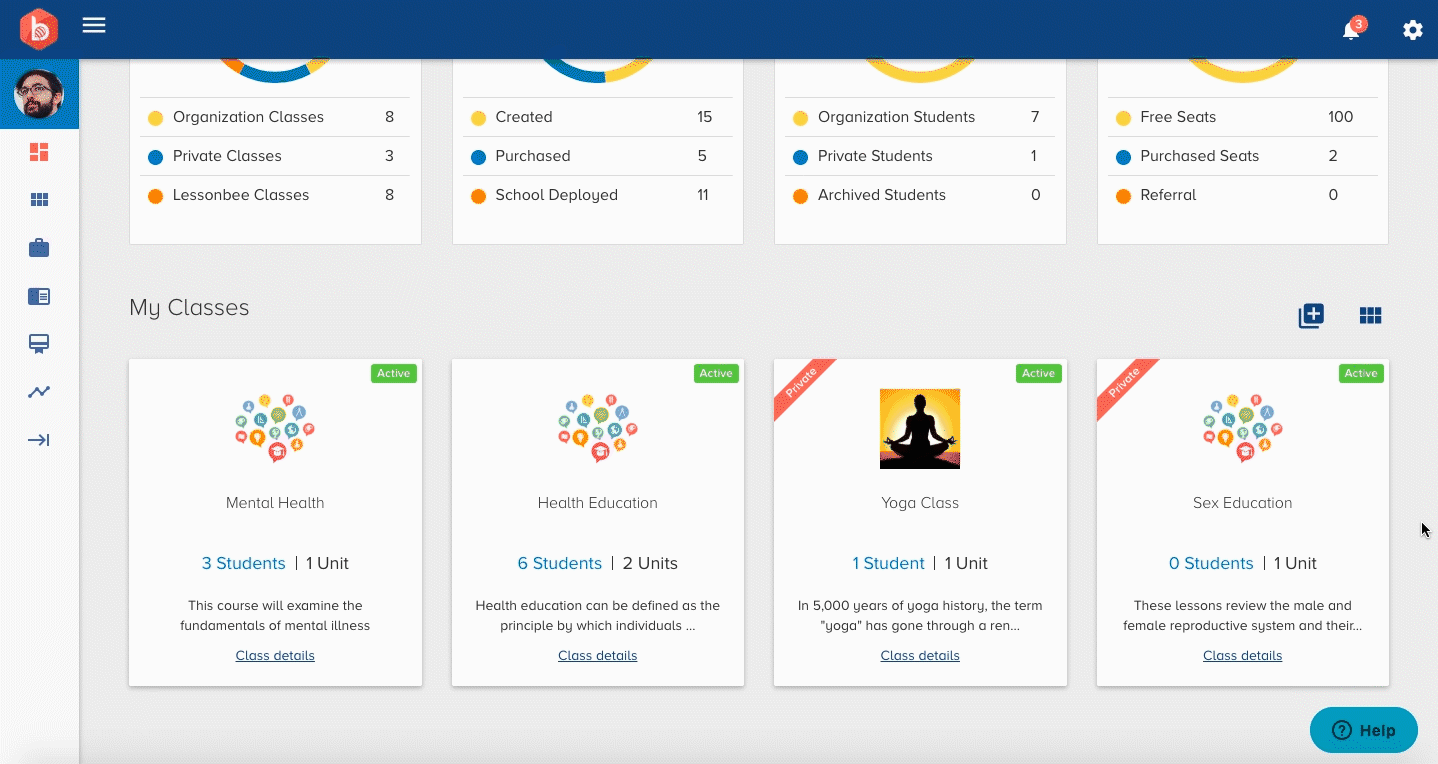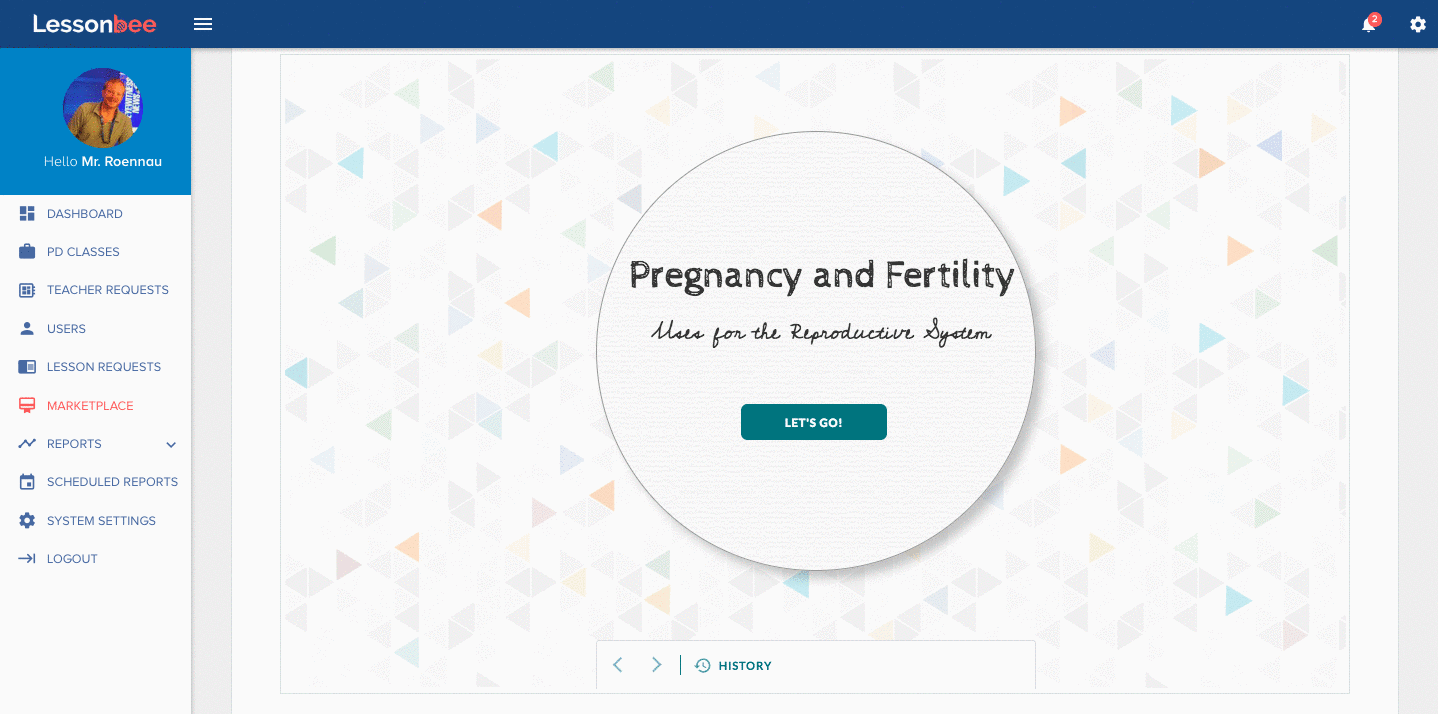Sex education in the United States is made complex.
One example: For years, the United States invested billions into abstinence-only programs. Ultimately, schools rejected federal government financing for these programs and pushed a more detailed and medically precise agenda. Even with progress, schools throughout the nation continue to reckon with a tradition of inaccuracy. And the government is still moneying abstinence-only programs.
It’s bad news for trainees, and for creator of Lessonbee Reva McPollom, a modification is long past due. She can personally vouch for how non-comprehensive education in health classes can isolate trainees.
As a child, McPollom stated she was called a gamine and felt confused because she determined as a female. There was no lesson teaching the threat of gender stereotypes and standards.
” I felt incorrect for liking sports, for wishing to play drums, I felt wrong for everything that I liked or liked or attached myself too as part of my identity,” she stated.
The quiet suffering, she says, continued through high school: “If you look at my senior yearbook, like I’m not even in it, I just completely erased myself by that point.”

Reva McPollom, the founder of Lessonbee ( Image Source: Lessonbee)
After working as a journalist, digital marketer and a software application engineer, McPollom returned to her past with a new idea. She founded Lessonbee, a more detailed health education curriculum provider to express varied circumstances in schools. The business’s goal is to help students avoid what she needed to go through: losing out on the joy of education and feeling deserving sufficient to discover.
The business sells a curriculum that covers a variety of topics, from sex education to race to psychological health, that integrates into existing K-12 school districts as a different standalone course.
Lessonbee has hundreds of academic videos and interactive lessons produced by instructors and the company, updated frequently.

Image Source: Lessonbee
” It requires to satisfy all kinds of kids, despite where they’re at,” McPollom said.
One example situation in the curriculum includes a trainee who starts having sex and then misses her period. Students are then responsible for selecting what to do next, who to talk with and what they ought to do next time. It’s a “pick your experience”- design knowing experience.
Trainees can log onto the platform and take self-paced classes on various health systems, varying from sex education to psychological health and racism. The lessons are taught through text-message scenarios or gamified scenarios to make certain students are actively engaging with the content, McPollom tells TechCrunch.

Image Source: Lessonbee
State policy regarding education is often a nightmare of intricacies and politics. This belongs to the reason so few start-ups try to solve it. If Lessonbee were to pull off its objective, it would initiate larger conversations around racism and health into a kid’s daily.
McPollom is presently pitching the service to school districts, which have tight budget plans, and venture capitalists, who state they are open for business. Far, the company has 600 signed up schools on its platform.
” It’s a non-core scholastic topic so it’s the last top priority, and there’s just injustice all over the location,” she stated. “There’s an inequality of privacy policies throughout the United States handled differently and it kind of determines the quality of health education that you’re going to receive.”
Lessonbee membership is priced low to be more accessible, starting at $16 per student annually. Individual courses start at $8 per learner each year.
Today, McPollom revealed that she has actually raised $920,000 in funding.
When it comes to the future, McPollom views her go-to market health class strategy as Lessonbee’s “Trojan horse.” She wants to incorporate the culturally varied curriculum into social research studies or science classes, and cover how adjoined the topics are and their ties to injustice and health.
McPollam states the team is establishing an anti-racism course to introduce for the fall in the wake of the current protests against police brutality. Subjects in the anti-racism course consist of the result of race and ethnic background on quality of care, ways racism impacts maternal health and structural racism and food insecurity.
” We’re wishing to develop to this concept of health throughout the curriculum,” she said. “For health to be effective, for you to in fact move the needle, health requires to be holistic.”
TechCrunch.

